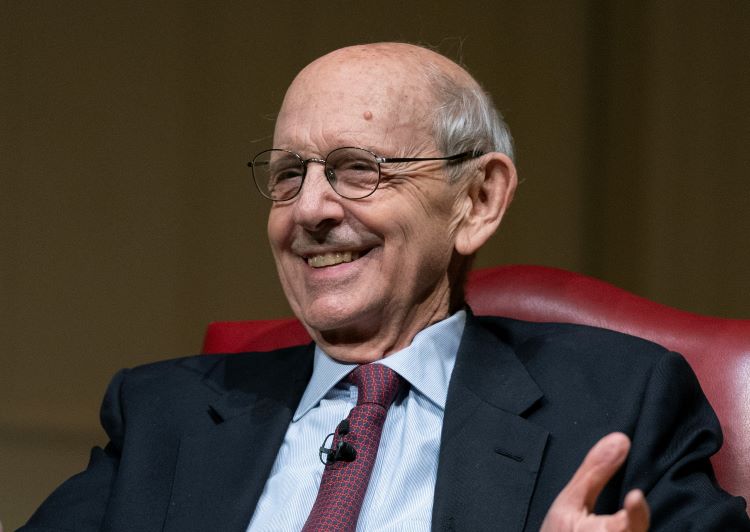Supreme Court majority seems ready to rule for web designer who won't make websites for same-sex weddings

Image from Shutterstock.
A conservative majority of the U.S. Supreme Court appeared Monday to support a web designer who refuses to create custom websites for same-sex weddings because of religious objections.
The Supreme Court heard oral arguments in the case of Lorie Smith, a Colorado graphic designer who argues that being forced to create webpages for such weddings violates her First Amendment right to free speech.
The state of Colorado argues that Smith must abide by the Colorado Anti-Discrimination Act, which says businesses offering products or services to the public can’t discriminate based on race, religion, sexual orientation or other protected characteristics.
According to the New York Times, several conservative justices “appeared to be searching for limiting principles so as not to upend all sorts of anti-discrimination laws.”
The justices “explored the difference between businesses engaged in expression and ones simply selling goods, the difference between a client’s message and that of the designer, the difference between discrimination against gay couples and compelling the creation of messages supporting same-sex marriage, and the difference between discrimination based on race and that based on sexual orientation,” the New York Times article reports.
But the bottom line, the article says, was that the high court would not require Smith to create custom websites for same-sex weddings. Other publications drawing that conclusion include the Washington Post and Reuters.
One of the hypothetical situations posed by the justices involved mall Santas who might want to discriminate against some children, according to the Washington Post. Justice Ketanji Brown Jackson was first to raise the issue in a question about a Santa who might want to exclude Black children in photos to recreate the ambiance of the movie It’s a Wonderful Life.
Justice Samuel Alito responded with a question about a Black Santa who might want to refuse a photograph to a child wearing a Ku Klux Klan outfit.
Justice Amy Coney Barrett said the strongest argument for Smith concerned her objection to providing a unique, customized website for same-sex couples, according to Reuters. She questioned whether Smith would win the case if she refused to provide a “plug-and-play” website to a same-sex couple that would also be available to heterosexual couples.
The case is 303 Creative v. Elenis.
It follows a 2018 Supreme Court decision, Masterpiece Cakeshop v. Colorado Civil Rights Commission, which ruled for a baker who refused to bake a cake for a same-sex wedding. That ruling was narrow because it was based on the Colorado Civil Rights Commission’s hostility to the baker’s religious objections.
Smith and the Colorado baker were represented by Alliance Defending Freedom, a conservative Christian group.
See also:
ABAJournal.com: “Chemerinsky: An important week of arguments in the Supreme Court”
ABAJournal.com: “SCOTUS should uphold long-standing precedent in case involving objection to same-sex marriage, ABA says”



